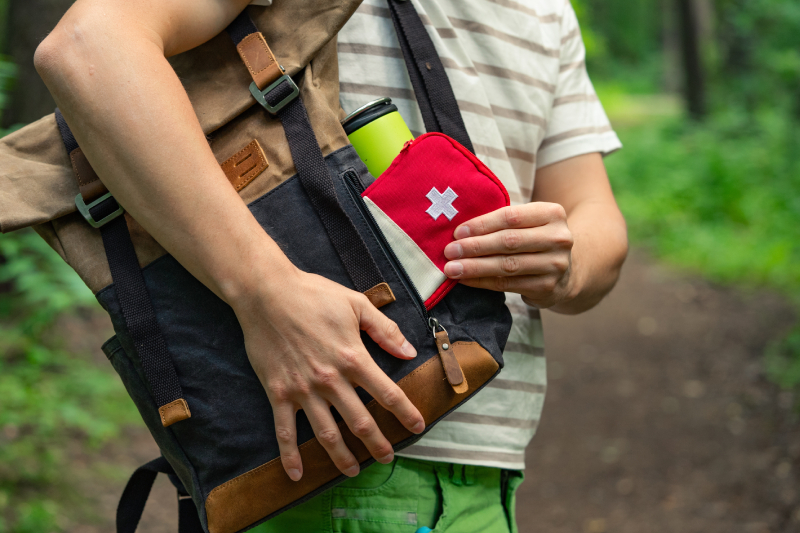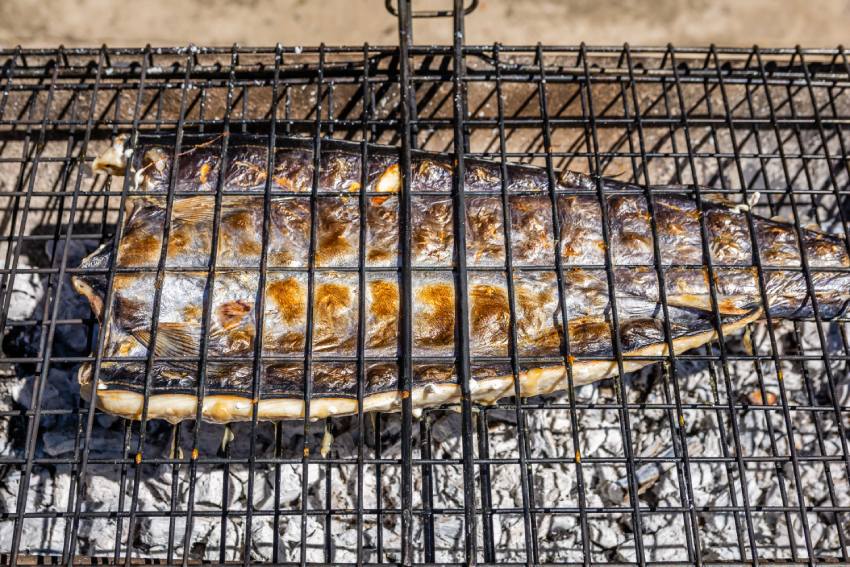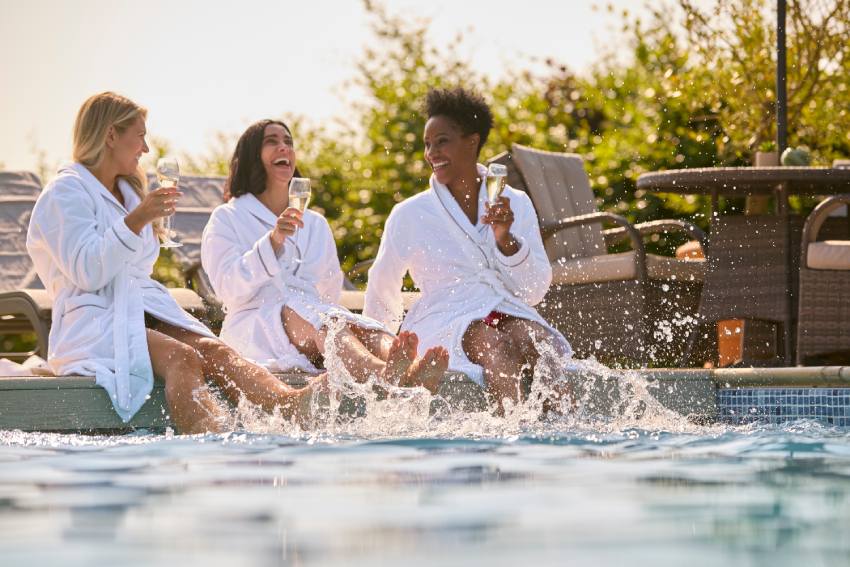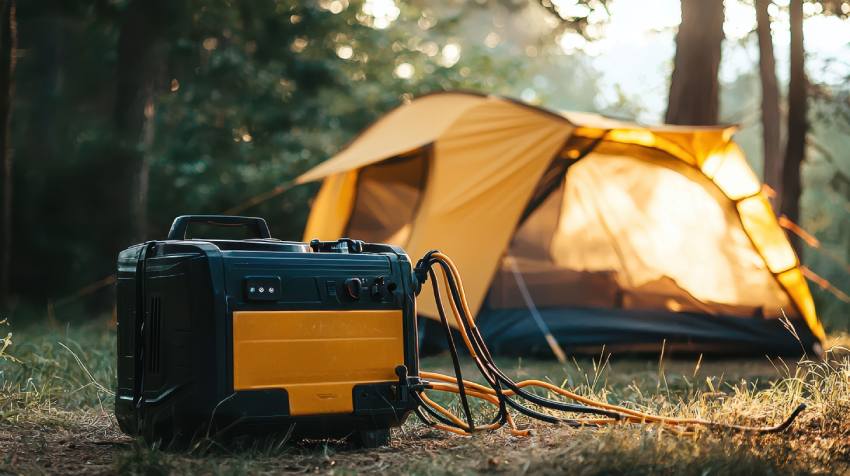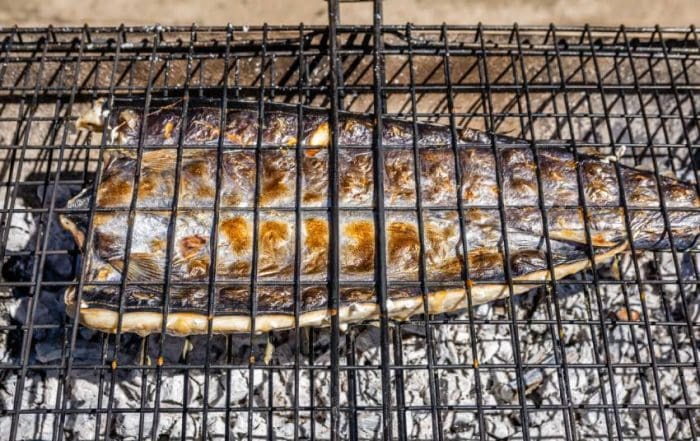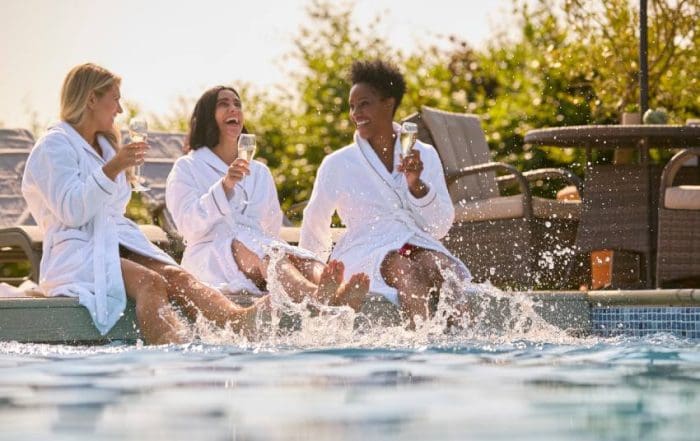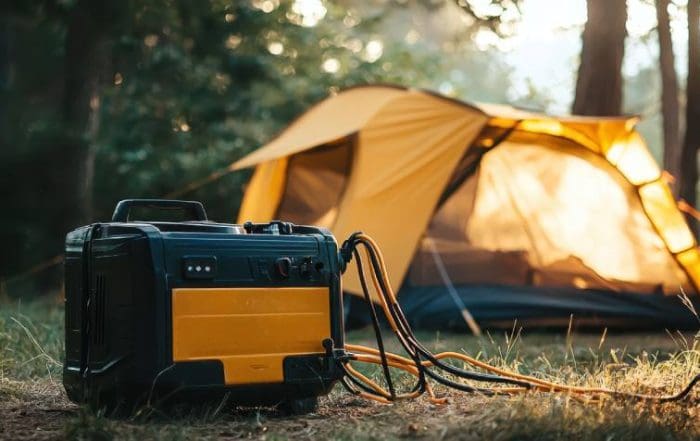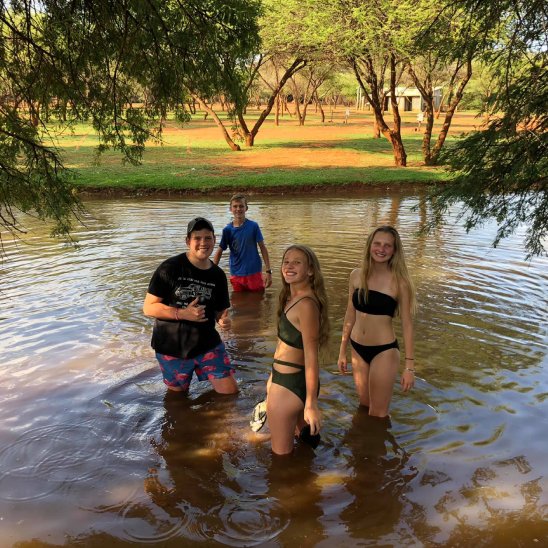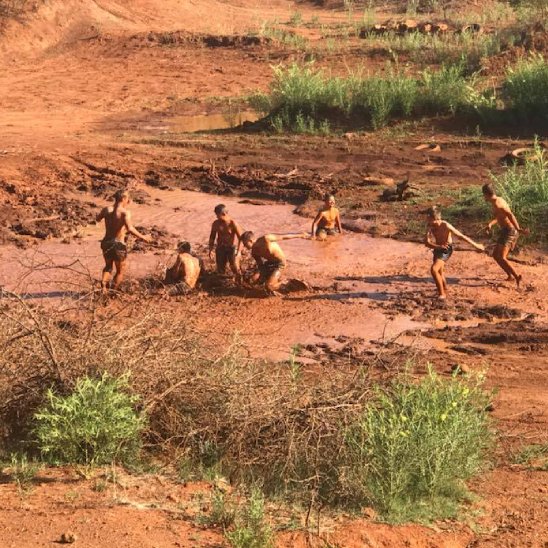Camping offers an incredible escape into nature, but being prepared for emergencies is essential to ensure everyone’s safety. Whether heading out for a weekend in the bush or a longer trip, solid camping emergency tips can help you enjoy your adventure with peace of mind.
Common Camping Emergencies and How to Handle Them
Outdoor adventures can sometimes lead to unexpected situations, so knowing how to respond is crucial. Common camping emergencies include injuries, severe weather, and wildlife encounters. A slip or fall can cause sprains or broken bones, so knowing basic first aid for camping is essential. Severe weather, such as thunderstorms, can also be dangerous. If you’re caught in a storm, seek shelter away from trees and avoid open spaces.
Wildlife encounters, while rare, require caution. Stay calm and slowly back away from dangerous animals. Keep food securely stored to avoid attracting unwanted visitors like monkeys or baboons. A safety plan can turn a potentially stressful situation into a manageable one.
Essential First Aid Kit for Campers
Every camper should carry a well-stocked first aid kit. The kit should include essentials like bandages, antiseptic wipes, tweezers, gauze, and pain relievers. Other items to add are anti-inflammatory medication, insect repellent, and burn ointment.
If you or someone in your group has allergies, consider including specific items like antihistamines. A first aid manual is also helpful, guiding in case of more serious injuries. Always check your kit before heading out to ensure it’s fully stocked and up to date.
Common Camping Medical Emergencies
Being in nature exposes you to a variety of potential health concerns. Common camping medical emergencies include insect bites, dehydration, and heatstroke. Mosquitoes can carry diseases, so applying insect repellent and wearing long sleeves at dusk can help minimise bites.
Dehydration and heatstroke are serious issues, especially in hot climates like Limpopo. Stay hydrated by drinking plenty of water throughout the day and avoid strenuous activities during peak heat. Learn to recognise the symptoms of heatstroke, which include dizziness, nausea, and confusion, and act quickly if someone is affected.
Emergency Communication Options
When camping in remote locations, having reliable communication is vital. Ensure you have a charged mobile phone, but understand that the signal may be weak or nonexistent in certain areas. Two-way radios or satellite phones are excellent alternatives in case of an emergency. Know the nearest medical facility, and keep a list of emergency contacts with you.
Emergency preparedness also means informing someone back home of your camping location and expected return time. If something goes wrong, they can raise the alarm if you don’t check in on time.
Camping safety doesn’t mean you can’t have fun; it simply means being ready for any situation that may arise.
To enjoy the beauty of nature safely, book your stay at Mbizi Game Lodge & Spa. This family-friendly lodge offers a range of outdoor activities and an unforgettable bushveld experience. Stay safe, stay prepared, and enjoy your camping adventure fully! Contact us for more information today.


